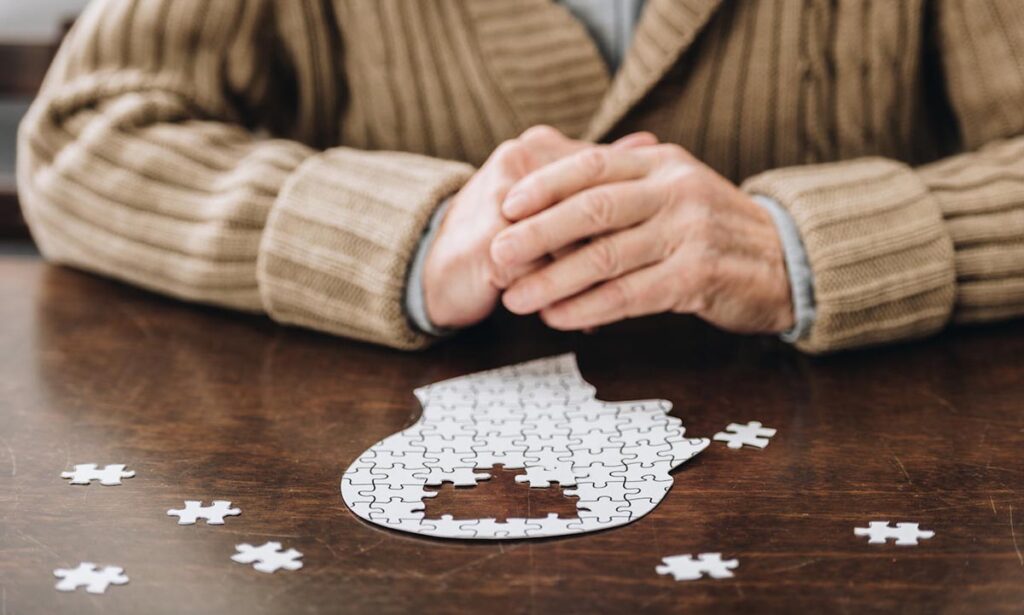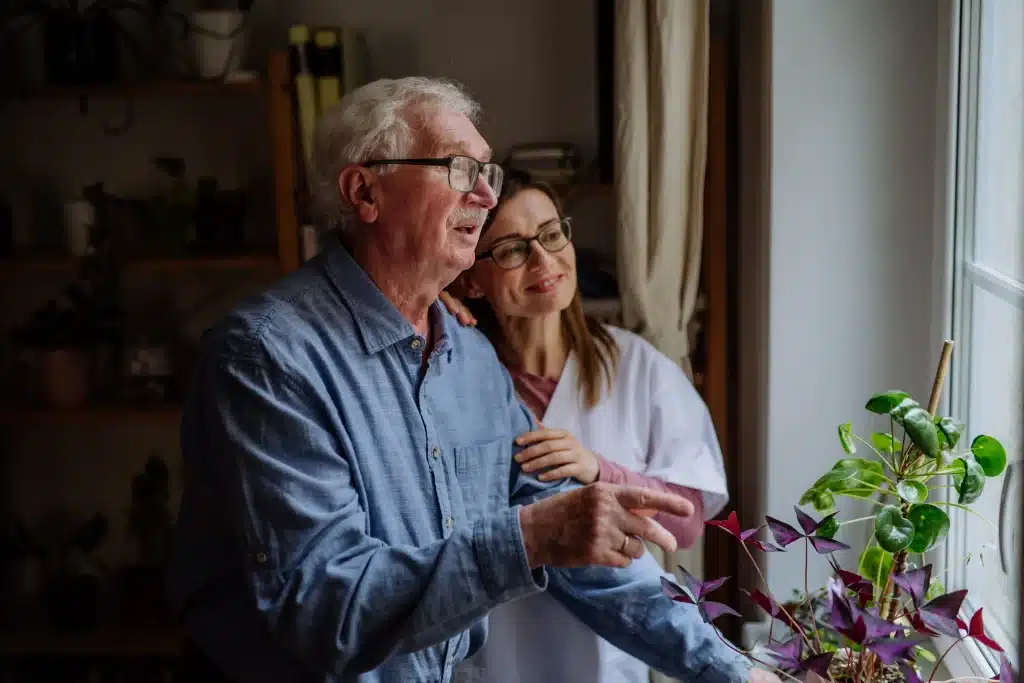The symptoms of dementia may take a long time to surface, which is why you need to understand the illness. This will help you to study a loved one and respond appropriately.
This article explains the seven stages you will notice over time from a dementia patient.

Stage One:
At the first stage of dementia, the disease is mild, and you would hardly notice any symptoms. Except for medical checks, affected individuals will still continually carry on with routines. Hence, there are no changes related to behavioral difficulties or memory loss.
Stage two:
The symptoms begin to surface mildly at this stage. This includes slight forgetfulness, aging, and other cognitive declination. Although health experts will perform a better job, it does not mean they can identify the symptoms at first glance. Hence, it is almost invisible as the stage one symptoms.
Stage three:
At stage three, the symptoms of cognitive decline become more evident. Patients tend to forget things quickly and find it difficult to retain information. When you realize a loved one does not perform excellently, as usual, make sure to check on them. Sometimes, they may engage in many activities, but they will be unproductive. This is because of the lack of attention to the work being done.

Stage four:
Stage four is the mid-stage of dementia disease. It takes longer than the previous stages and can stay as long as two years. An individual cognitive response reduces while the doctor observes the changes involved. Wherein the patient forgetfulness or lack of concentration increases. Individuals in this category are often scared of trying new things to visiting new places.
Isolation also becomes evident at this stage. More so, affected individuals withdraw from a social gathering. If this situation persists for a long time, it needs utmost attention.

Stage five:
You should closely monitor the daily routine of the affected party. It is also easier for doctors to identify symptoms at this stage. Patients may begin to zone out, forgetting the daily activities. Short-term memory is the common symptom here, as victims may not remember basic things. This may include contact address, time, date, or office address.
Stage six:
The rate of memory loss here is of bigger effect. It is often associated with fear, anxiety, agitations, and delusions. Patients forget recent events, and they may not remember loved ones. Hence, patients will not communicate properly as expected. More so, the difficulty in speaking is evident here, coupled with the inability to control their bladder.
Stage seven:
Stage seven is referred to as the late dementia period. The rate of cognitive declination is high, and patients can’t keep track of anything. This also affects the speaking, walking, and general reasoning capacity. Caregivers would need to assist the patient with movement and implement another means of communication. More so, caregivers need to be present 24/7, to deliver quality services. Always bear in mind to provide comfort for patients and also maintain a good life’s quality with them.

Conclusion
Helping individuals with dementia should be a collective effort. Although the disease is non-reversible, families and friends can provide emotional support for affected individuals. Since dementia is a result of brain damage, it will also affect the feeling and behavior of the patient. Do not be too hard on them, but rather be patient and dedicated. Hopefully, with the symptoms above, you can identify dementia in any loved one at an earlier stage than usual.


















